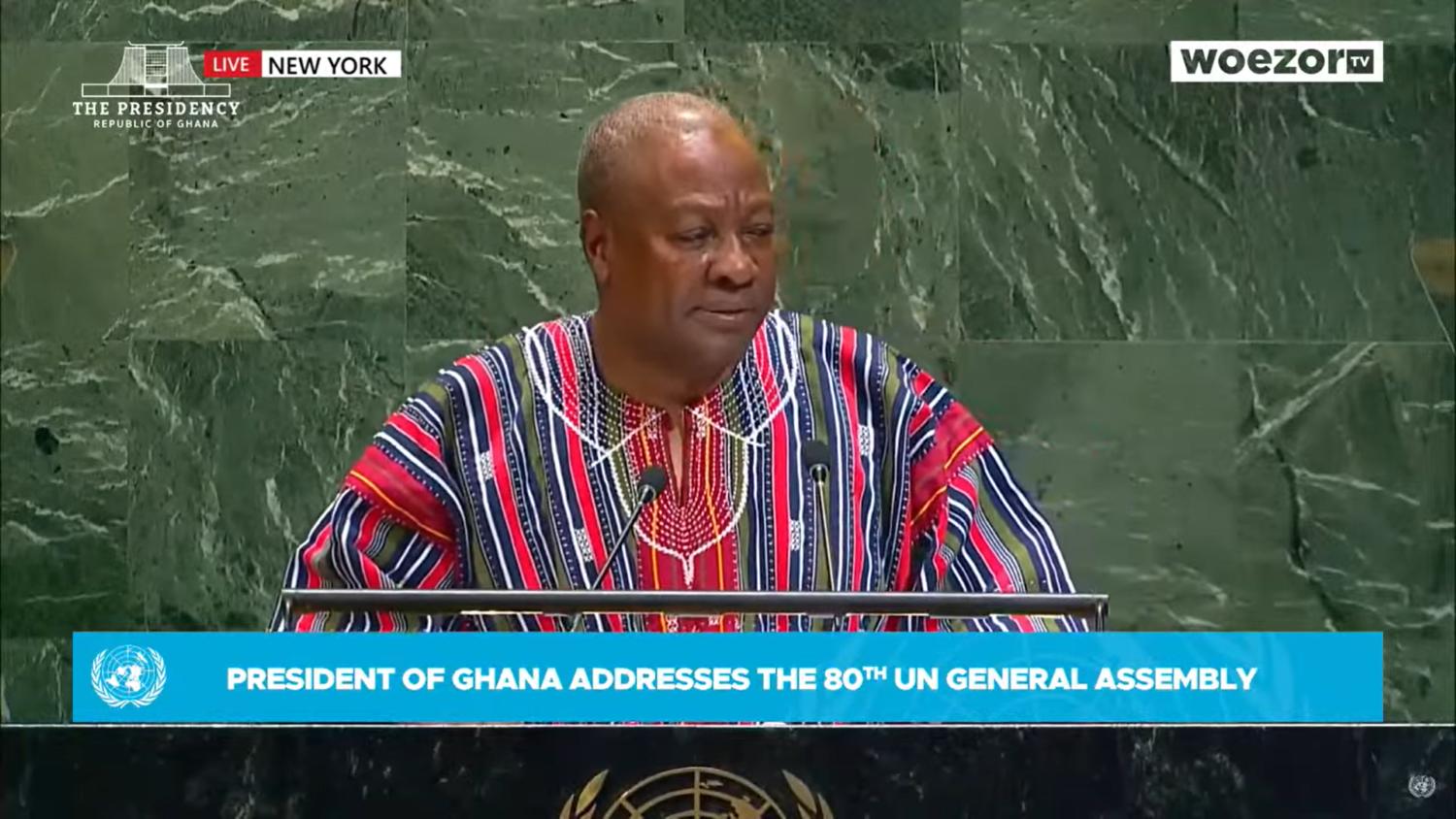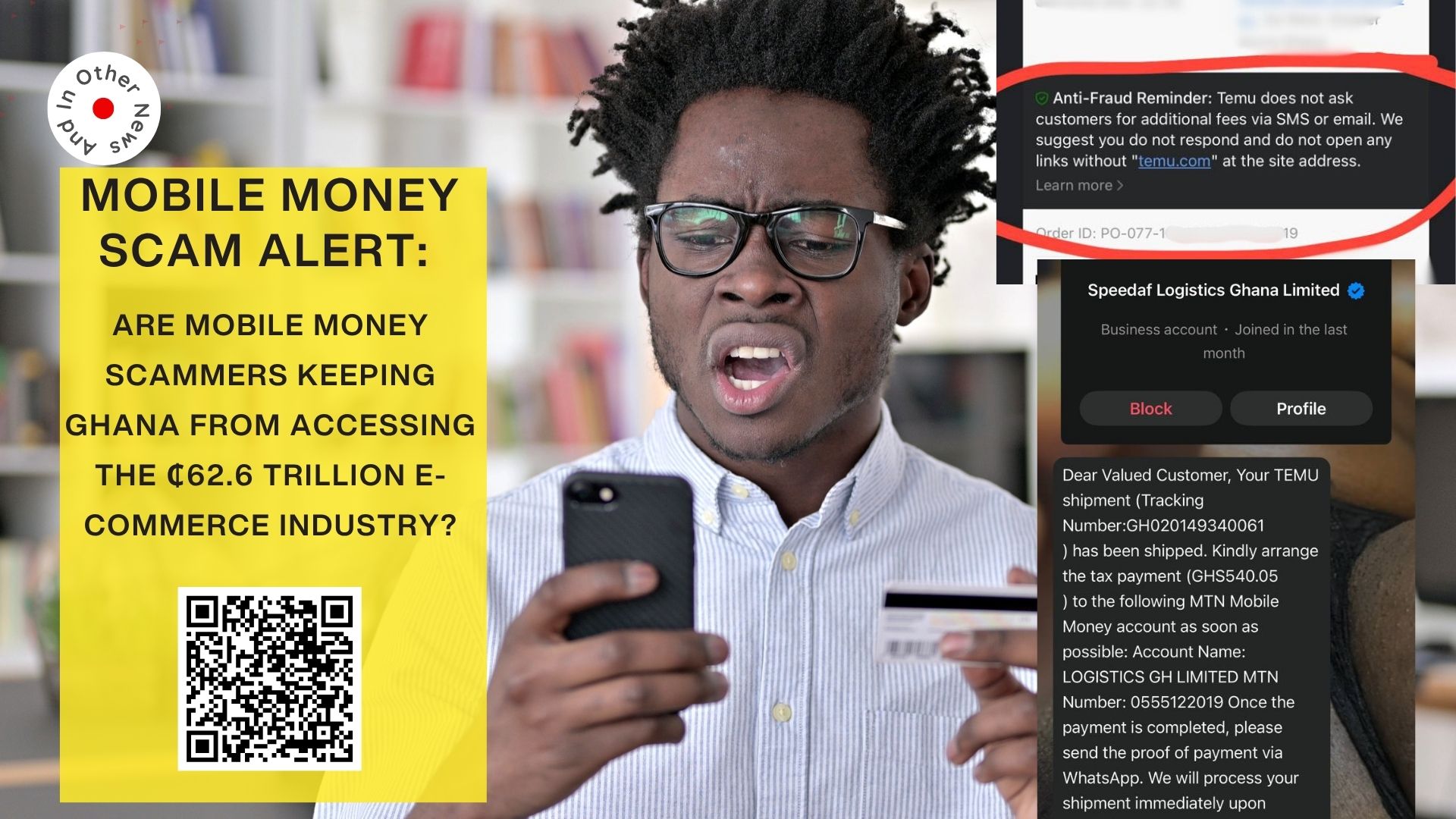As a recent university graduate who completed my national service, I’m finding it hard to see how this election season offers any meaningful hope for people like me. We’re seeing politicians from all parties rallying their supporters and making promises, but no one is outlining clear, direct steps to address the struggles of young people who need jobs now.
From my perspective—and likely from many other recent graduates—the question isn’t which politician will win but what they’re going to do to make a difference for us. Ghana’s youth unemployment rate has been steadily climbing, and while each candidate talks about change, I’m left wondering why no politician is using their own wealth to help create real opportunities. It’s frustrating to see leaders who have the means, but instead of channeling personal resources toward solutions, they seem more focused on promoting their faces on billboards, activations, flashy campaign tours that feel like a slap in the face when pass by my end and drive by poor people living on the street.
They keep telling us technology is coming and it will change us but we do not see this technology and when are we going to learn how to use it? And where are the tech jobs of the future?
Who’s Really Creating Tech Jobs in Ghana? Politicians?
As far as I can see, it is companies and independent programs that are doing the heavy lifting when it comes to job creation. Take mPharma, for example, a health tech company founded by Gregory Rockson. Rather than waiting for political promises to materialize, mPharma is out there expanding healthcare access across Africa, creating hundreds of jobs here in Ghana. They’ve gone beyond talk, building up Ghana’s workforce in a sector that’s poised for growth. This type of leadership provides real opportunities, giving people work they can rely on.
Then there’s Asuture Global, a cell phone repair company that launched a training program some years ago so youth can train and get into the cell phone phone repair industry—a market that’s always in demand. Asuture’s program isn’t promising to change everything overnight, but it’s offering practical skills and certification, paving the way for real employment in Ghana. For young people without formal employment, such training is a game-changer. Instead of vague commitments to the economy, programs like these give us a clear path to make a living and build a future.
Is It Really the Government’s Role to Create Jobs?
While some may argue that it’s the government’s responsibility to provide jobs, the reality is often different. In developed economies, governments create policies that foster job creation by supporting businesses and workforce development, not by directly providing employment. So why aren’t our leaders focusing on this approach? Why don’t we see politicians investing in programs that prepare the youth for today’s market? Imagine if they took part of their campaign funds and directed them toward training centers, small business grants, or technology incubators. Wouldn’t that be more impactful than just another rally?
Companies like mPharma and programs like Asuture are showing us that practical solutions are possible. Their focus on tangible skills and jobs that match market demands is what’s making a real difference. Politicians could learn something here—true support for the economy means empowering youth with real, market-ready skills. So, why not back these companies with policies, tax breaks, and support, or even contribute funds toward similar initiatives?
As Youth, We Need to Be Prepared for Our Own Success
For those of us entering the workforce now, it’s clear that the private sector is our real ally. As much as I want to believe in political promises, I have to rely on practical options that exist outside of campaign season. Programs like Asuture don’t just offer training—they give us a lifeline, showing us that there’s a path to making an income, even if it’s not through the formal jobs we were promised. And while I appreciate the efforts of companies like mPharma, exprespay it’s hard not to feel disappointed that these efforts aren’t government-supported.
This election season, I hope our leaders realize that flashy promises aren’t enough. Ghana’s youth need real solutions. Instead of talking about jobs, they should follow the example of these forward-thinking companies that are actually creating them. Until that happens, it’s clear that we, as young people, will have to build our careers with the support of private initiatives rather than empty promises.


